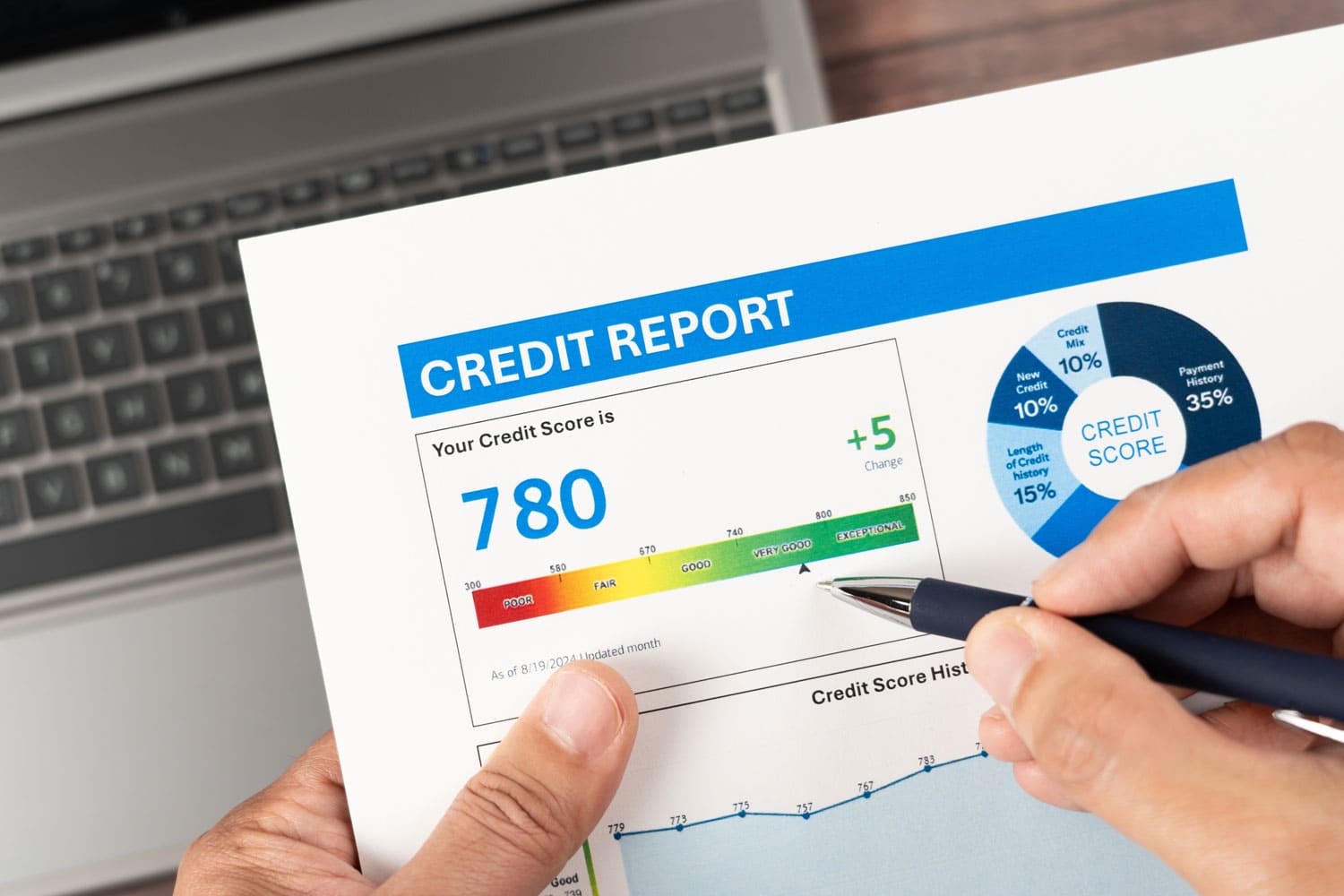Ever wondered why your mate gets approved for a loan in a flash, while you’re left scratching your head over a rejection? It often boils down to that elusive number: your credit score. In New Zealand, this three-digit figure can be the key to unlocking financial opportunities—or the barrier keeping you from them.
But what exactly is a credit score, and how does it work here in Aotearoa? More importantly, how can responsible borrowing habits boost your score and open doors to better financial deals?
In this blog, we’ll demystify credit scores, exploring what affects them, how they’re calculated, and the steps you can take to improve yours. Whether you’re eyeing a new car, planning a home renovation, or simply want to understand your financial standing better, this guide is for you.
Let’s dive in and take control of your financial future—one credit score point at a time.
What Is a Credit Score?

Your credit score is essentially a number that shows how reliable you are with money. It tells lenders how likely you are to pay back what you borrow.In New Zealand, credit scores are typically calculated by three main credit reporting agencies: Centrix, Equifax, and illion. Each agency may use slightly different scoring ranges:
- Centrix: 0 to 1,000
- Equifax: 0 to 1,200
- illion: 0 to 1,000
Generally, a higher score indicates better creditworthiness. For instance, a Centrix score above 846 is considered excellent, while a score below 425 is viewed as low.
Your credit score is determined by a number of different factors, so let’s take a look at what those are.
Factors That Affect Your Credit Score
These are some of the things that affect your credit score:
1. Payment History
Paying your bills on time (that includes loans, credit cards, and utility bills) is a big win for your credit score. On the other hand, missing payments can really drag it down.
2. Credit Utilisation
This refers to the percentage of your available credit that you’re using. If you’re maxing out your available credit, this can signal financial stress, negatively affecting your score.
3. Credit Inquiries
Every time you apply for credit, a credit inquiry is recorded. Multiple inquiries in a short period can lower your score.
4. Length of Credit History
Having a longer track record of borrowing and paying back can be a good sign to lenders and help your score.
5. Types of Credit Used
A mix of credit types, such as credit cards, phone or power plans, and personal loans, can demonstrate your ability to manage various credit forms.
6. Public Records
Bankruptcies, defaults, and court judgments can severely impact your credit score and remain on your credit report for a number of years.
How to Improve Your Credit Score

The great news about credit scores is they’re not fixed. If yours is a bit on a poor side, you can improve it! Here are some ways to give your credit score a boost:
Timely Repayments
Paying your bills on time is a major win for your credit score. It tells lenders you’re reliable.
Maintaining Low Credit Utilisation
Keeping your credit utilisation below 30% of your available limit shows that you manage credit wisely. For example, if your credit card limit is $1,000, keep your balance under $300.
Have a Range of Credit Types
Having a mix of credit accounts, such as a credit card and a personal loan, can positively affect your score by showing you can handle different credit forms.
Long-standing Credit Accounts
Keeping older credit accounts open can lengthen your credit history, which may benefit your score.
How to Check Your Credit Score

Accessing Free Credit Reports
Disputing Inaccuracies
Spot an error on your credit report? Get in touch with the credit agency to sort it out. They each have their own dispute processes.
Why East Bay Finance Is Your Credit Score Ally

At East Bay Finance, we understand that navigating the world of credit scores and borrowing can be daunting. That’s why we’re here to simplify the process and provide you with tailored financial solutions that suit your unique circumstances.
Whether you’re looking to consolidate debt, finance a major purchase, or need a quick cash injection, our range of loan options are designed to meet your needs.
Our streamlined online application takes just 3 minutes, and with approvals typically within 1-2 hours*, you could have the funds in your account the same day*.
Plus, we believe in second chances; a less-than-perfect credit score doesn’t have to hold you back. Our experienced loan consultants are committed to finding the best deal for you, leveraging our network of low-cost lenders to increase your chances of approval.
Ready to take control of your financial future? Apply online today and let East Bay Finance help you on your journey to better credit health.
*Subject to responsible lending checks and criteria.
